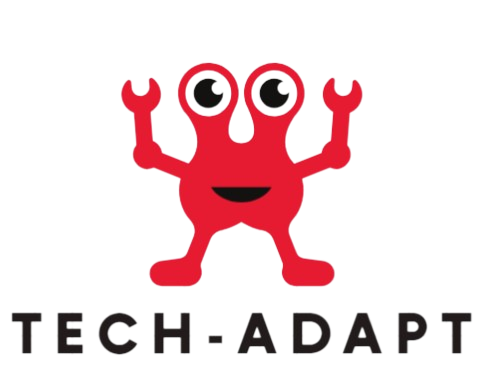Tech Industry Analysis: Navigating Through an Ever-Evolving Landscape
The technology sector is perhaps the most dynamic and transformative sphere of our modern economy, characterized by rapid innovation and fierce competition. From established giants like Apple and Microsoft to disruptive startups like SpaceX and Stripe, the tech industry continues to drive significant changes in how we live, work, and interact. This blog aims to provide a comprehensive analysis of the tech industry, examining key trends, challenges, and the future outlook.

Current State of the Tech Industry
As of the latest data, the global tech market is poised for steady growth, projected to increase by around 5% annually. This growth is fueled by digital transformation initiatives across various industries, increased adoption of cloud computing, AI, and IoT solutions, and consumer demand for more sophisticated gadgets and digital services.
Key Trends Shaping the Tech Sector
- Artificial Intelligence and Machine Learning: AI continues to be at the forefront of technological advancement. Industries from healthcare to finance are leveraging AI to enhance efficiency and innovation. AI’s capabilities in data analysis, pattern recognition, and predictive analytics are transforming business processes and consumer applications.
- Cloud Computing: The shift to cloud infrastructure is accelerating, driven by the need for scalability, flexibility, and more efficient data management. Companies like Amazon Web Services, Microsoft Azure, and Google Cloud are leading this space, providing robust platforms that support businesses in their digital transformation journeys.
- 5G and Enhanced Connectivity: The rollout of 5G networks is enhancing mobile connectivity, significantly boosting the speed and efficiency of data transfer. This advancement is critical for the development of new technologies such as autonomous vehicles, smart cities, and advanced mobile applications.
- Cybersecurity: As digital transformations pervade all sectors, cybersecurity remains a critical concern. The increasing frequency and sophistication of cyberattacks necessitate advanced security solutions to protect sensitive data and maintain consumer trust.
- Sustainable Technology: With global awareness of climate change growing, green technology is becoming increasingly important. Tech companies are investing in sustainable practices, including the use of renewable energy sources and designing products that are more energy-efficient.
Challenges Facing the Tech Industry
- Regulatory Pressures: Tech companies face a complex web of regulatory challenges, including concerns over data privacy, antitrust issues, and cross-border data flows. Governments worldwide are scrutinizing tech giants, leading to increased compliance costs and operational hurdles.
- Supply Chain Disruptions: The tech industry is highly susceptible to supply chain disruptions, as seen during the COVID-19 pandemic. The reliance on global supply chains for electronic components and the concentration of chip manufacturing in specific regions pose significant risks.
- Talent Shortage: As technology evolves, there is a growing demand for skilled professionals in areas like AI, data science, and cybersecurity. The tech sector is experiencing a talent gap, which is slowing down innovation and increasing costs for companies competing for top talent.
Future Outlook
The future of the tech industry is largely optimistic but requires navigating through potential pitfalls and embracing emerging technologies. Continued innovation in AI, quantum computing, and biotechnology is expected to drive growth and create new market opportunities.
- Quantum Computing: This emerging field promises to revolutionize problem-solving capacities beyond what’s achievable with traditional computers, offering profound implications for cryptography and materials science.
- Internet of Things (IoT): As IoT devices become more prevalent, they will generate vast amounts of data that can be used to enhance decision-making and create new business models.
- Augmented Reality and Virtual Reality (AR/VR): These technologies are set to transform various sectors by enhancing user experiences and creating immersive environments for training, education, and entertainment.
Conclusion
The technology industry remains a powerhouse of global economic growth, characterized by its rapid pace of innovation and its ability to disrupt traditional industries. As we look ahead, the sector is expected to continue its trajectory of robust growth, driven by the advancement of AI, cloud computing, and IoT. However, navigating regulatory environments, addressing cybersecurity threats, and managing supply chain vulnerabilities are essential for sustaining growth. For tech companies and investors, staying ahead means not only embracing these technologies but also anticipating the regulatory and ethical implications they bring.

